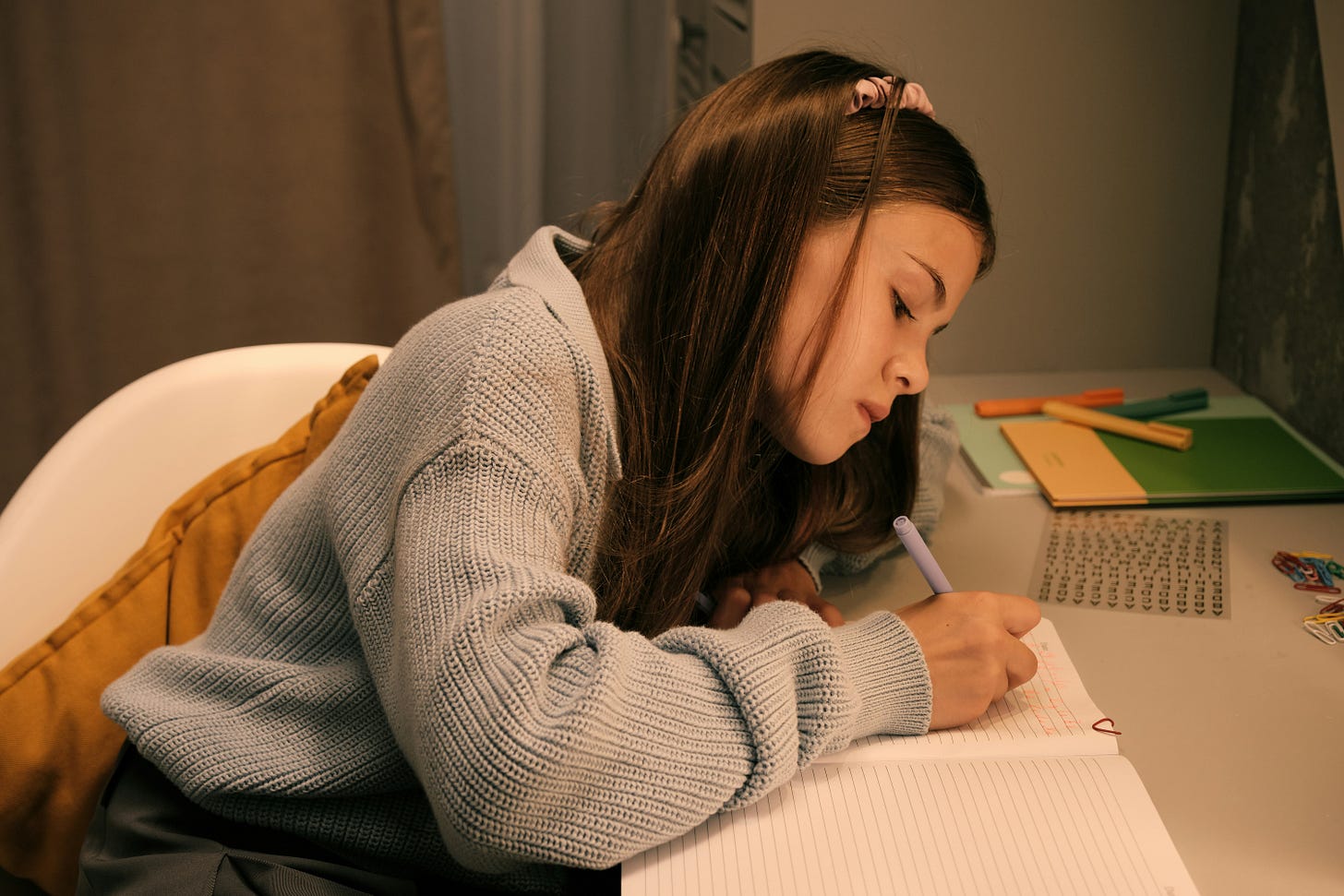How Not To Create A Blended Family — According to My Old Diary Entries
And for the love of happiness, please don’t get remarried behind the children’s backs

If you read AN regularly and benefit from the content, please consider becoming a paid subscriber. Or, you can show appreciation for my work and buy me a coffee.


